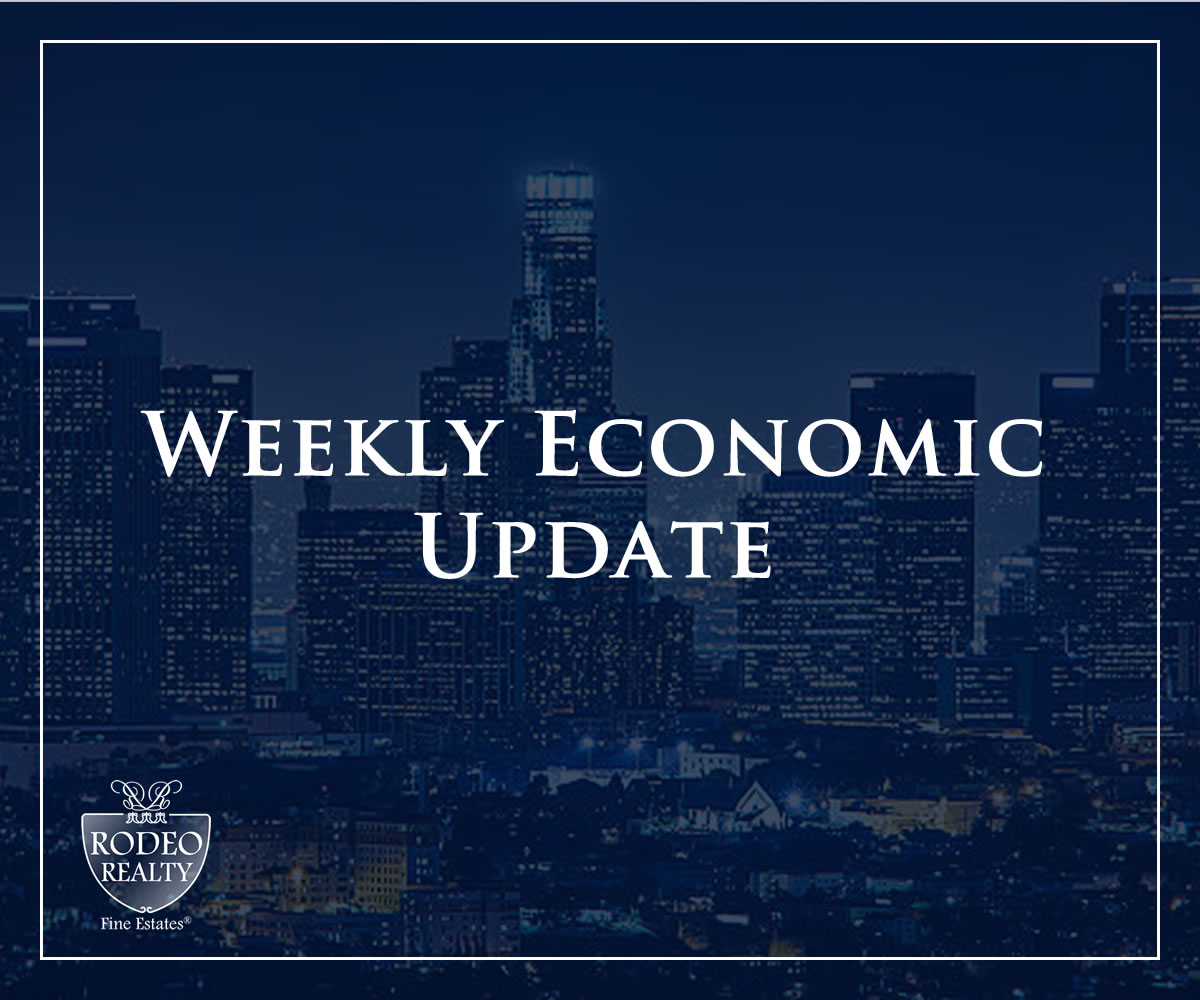|
Stock markets closed lower this week – Stocks lost ground based on fears that interest rates will remain high for a longer period than previously expected. This is due to another round of strong economic news. New data suggests there is renewed strength in the labor market as jobless claims dropped to their lowest levels since February. Worker productivity increased by 3.5% last quarter, it’s highest level since 2017. The value of the dollar grew stronger, it is up 5.6% from July of this year. Oil prices rose to a 9-month high, placing pressure on inflation. Sales and inflation data for the month of August will be released next week. The Dow Jones Industrial Average closed the week at 34,576.59, down 0.8% from 34,837.71 last week. It is up 4.3% year-to-date. The S&P 500 closed the week at 4,457.59, down 1.3% from 4,515.77 last week. It is up 16.1% year-to-date. The Nasdaq closed the week at 13,761.53, down 1.9% from 14,031.81 last week. It is up 31.5% year-to-date.
U.S. Treasury bond yields – The 10-year treasury bond closed the week yielding 4.26% up from 4.18% last week. The 30-year treasury bond yield ended the week at 4.33%, up from 4.29% last week. We watch bond yields because mortgage rates follow bond yields. Mortgage rates – The Freddie Mac Primary Mortgage Survey reported that as of September 7, 2023, mortgage rates for the most popular loan products were as follows: The 30-year fixed mortgage rate was 7.12%, down slightly from 7.18% last week. The 15-year fixed was 6.52% up from 6.11% last week. Home sales data for August will be released in the coming week by the California Association of Realtors and the National Association of Realtors. Local data by city or zip code is available now on our website RodeoRe.com. Have a great weekend! |

